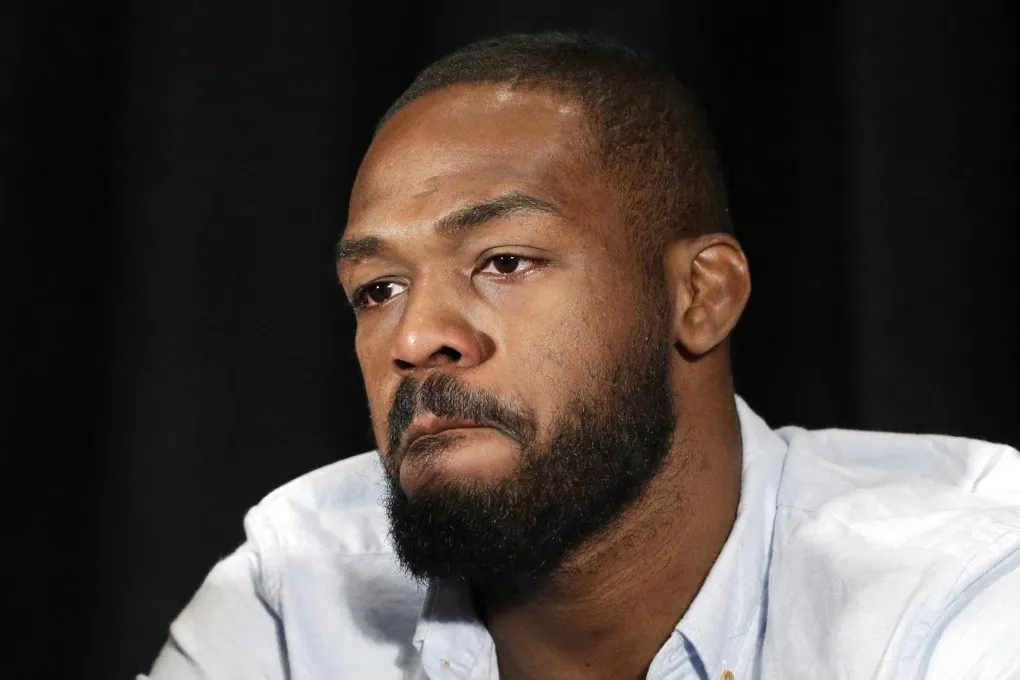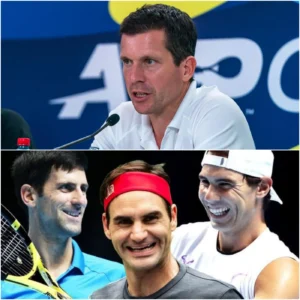Tom Aspinall exposes Jon Jones’ dark past and reveals plans after retirement

Discussions surrounding Vitor Belfort’s use of TRT (testosterone replacement therapy) during his UFC career have long been a controversial topic. While performance-enhancing methods are heavily criticized in active competition, they appear to be more widely accepted when used outside the Octagon. Even longtime UFC commentator Joe Rogan has openly discussed the significant benefits he has experienced from TRT.
Tom Aspinall exposes Jon Jones’ dark past
The use of banned substances has been a longstanding and contentious issue in the UFC, with several high-profile fighters facing suspensions or penalties for violating anti-doping policies. PEDs, including steroids, stimulants, and growth hormones, are often at the center of these disputes. Fighters like Jon Jones, who has faced multiple suspensions due to failed doping tests, and Anderson Silva, whose legacy was tarnished after testing positive for steroids following his victory at UFC 183, are among the most notable cases.

Tom Aspinall has been outspoken on this issue, calling the use of PEDs during competition a blatant form of “cheating.” The 31-year-old fighter has publicly stated that this is the primary reason he does not consider Jon Jones the greatest fighter of all time, despite Jones’ numerous achievements. Interestingly, the Manchester-born fighter also admitted that he might consider using enhancers in the future—but only under specific conditions.
“When I retire, I’ll do it, yes. Absolutely, just to stay healthy,” Aspinall said in a candid conversation on Piers Morgan Uncensored. “You know, your body stops producing testosterone after a while. To be a healthy older gentleman, I’ll probably go on some sort of [testosterone] therapy.”
The PED Debate in UFC
The debate over performance-enhancing drugs in MMA continues to polarize fans and fighters alike. While some argue that PEDs provide an unfair advantage, others contend that advancements in medicine and therapy could improve fighter longevity without compromising the integrity of the sport. Jon Jones, often hailed as one of the most talented fighters in UFC history, has seen his legacy marred by PED controversies, including multiple suspensions for banned substances like clomiphene and steroid metabolites.
Aspinall’s criticism of Jones is reflective of a broader sentiment within the MMA community. While Jones has accomplished feats that few fighters can replicate—winning multiple championships and dominating his division—his history of failed drug tests continues to cast a shadow over his accolades. Aspinall’s remarks underscore a growing demand for stricter enforcement and transparency in anti-doping measures.
Aspinall’s Post-Retirement Perspective
What makes Aspinall’s stance particularly intriguing is his openness to TRT after retiring. While vehemently opposing PED use during competition, Aspinall recognizes the potential health benefits for aging athletes. His acknowledgment mirrors sentiments shared by figures like Joe Rogan, who has championed the use of hormone replacement therapy for improving quality of life.
“It’s about staying healthy,” Aspinall emphasized. “I’m not talking about gaining an edge in competition. When you’re retired, it’s a completely different ballgame.”

The Legacy Question
For fighters like Jon Jones, the question of legacy remains complicated. While his skill and dominance inside the Octagon are undeniable, the PED controversies have left an indelible mark on his career. Aspinall’s comments highlight a critical divide: can a fighter truly be considered the greatest if their achievements are tainted by doping allegations?
As Aspinall continues to rise in the heavyweight ranks, his candid remarks and principled stance against PEDs set him apart. Whether or not he achieves the same level of success as Jones, his perspective adds an important voice to the ongoing conversation about integrity and fairness in the sport.
For now, the spotlight remains on Aspinall as he balances his ambition in the Octagon with a commitment to clean competition—while planning for a future that prioritizes health and longevity.







